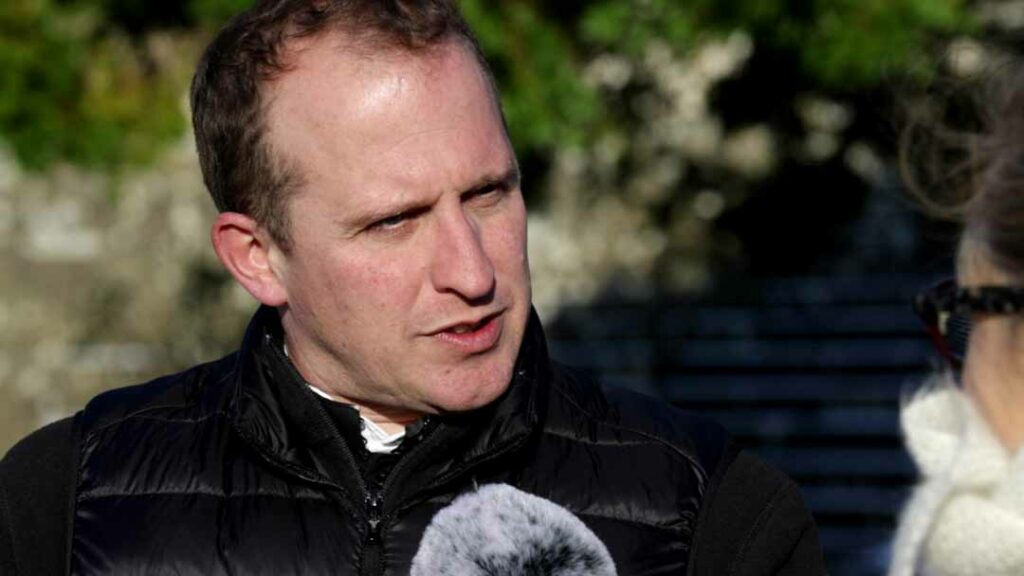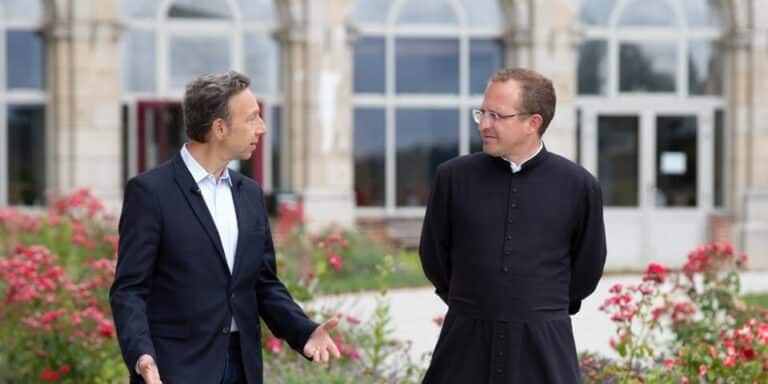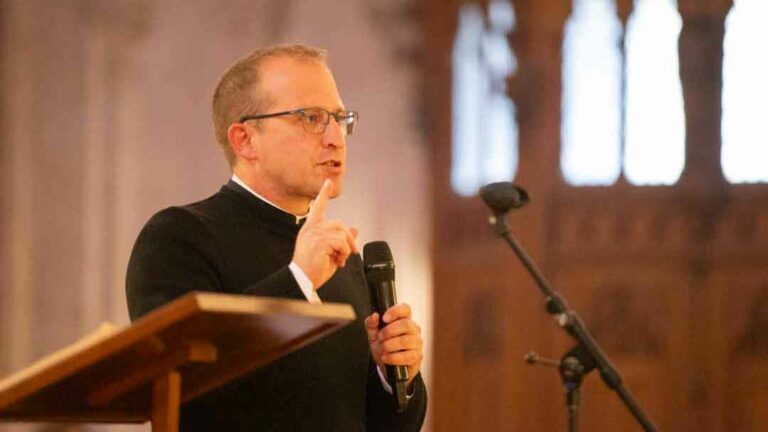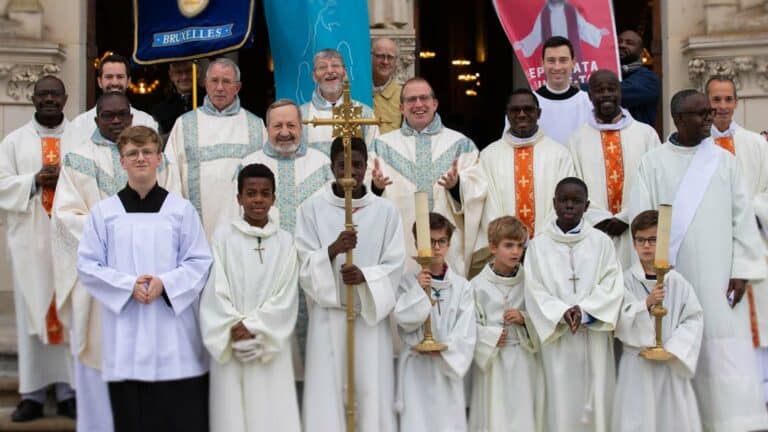We’re all afraid of suffering, and that’s normal. What about suffering at the end of life? What kind of suffering are we talking about? What about assisted suicide? Analysis by don Paul Denizot for the Sanctuaires normands program on RCF.
We all have an instinctive and healthy reaction to flee from anything that might cause us pain. Reaction to physical suffering that affects the body, reaction to psychological suffering or depression, reaction to this or that difficulty that afflicts us. There’s another form of suffering that’s spiritual in nature, and it seems to me deeper than psychological suffering. It’s the pain of loneliness, of not being loved.
At the end of life, what kind of suffering are we talking about?
I have accompanied many people at the end of life and have observed many types of suffering. Of course, there’s the pain of a body that’s declining, no longer reacting or reacting badly. There’s also the issue of old age and loss of independence. But there’s also the pain of leaving loved ones behind, the fear of passage (abyss, nothingness or life?), the doubts, the unknown.
There can also be guilt, regret and forgiveness. There’s also the isolation and loneliness of the sick and elderly, who are visited little or not at all by the able-bodied. I’m thinking of those elderly people in Ehpad who feel alone, abandoned like garbage, to use Pope Francis’ expression. They say no one will miss them, and that’s a terrible pain. And yet their lives are worth living to the end.
What about assisted suicide?
I’ve heard sufferers tell me they wanted to die. There’s physical suffering. But most of the time, it can be alleviated through palliative care, which also provides humane support for people at the end of life.
There are also people who wish to die because they don’t want to depend on others. It’s a real and present suffering in a society that no longer knows how to take care of vulnerable and fragile people. No wonder they come to wish they were dead so as not to disturb. There’s a lot of fear about dependency and decline.
An understandable cry
The cry of the person who wants to die is understandable. Even in the Bible, characters like Elijah or Moses ask for death because they can’t take it anymore, or are carrying too heavy a load. Dying would be easier! But it’s not death we’re after, it’s the end of the ordeal. We don’t really want to die.
Experience has also shown me that this demand could change if we spent a little time with people, listening to them, allowing them to express their suffering. I remember an elderly woman telling me she wanted to die. After half an hour’s discussion, as I was leaving, I asked him, “Do you still want to die?” Answer: “No, but when are you coming back?” The greatest suffering is the suffering of loneliness.
Read the rest of this article in Chemin d’éternité n°320, July 2024.




